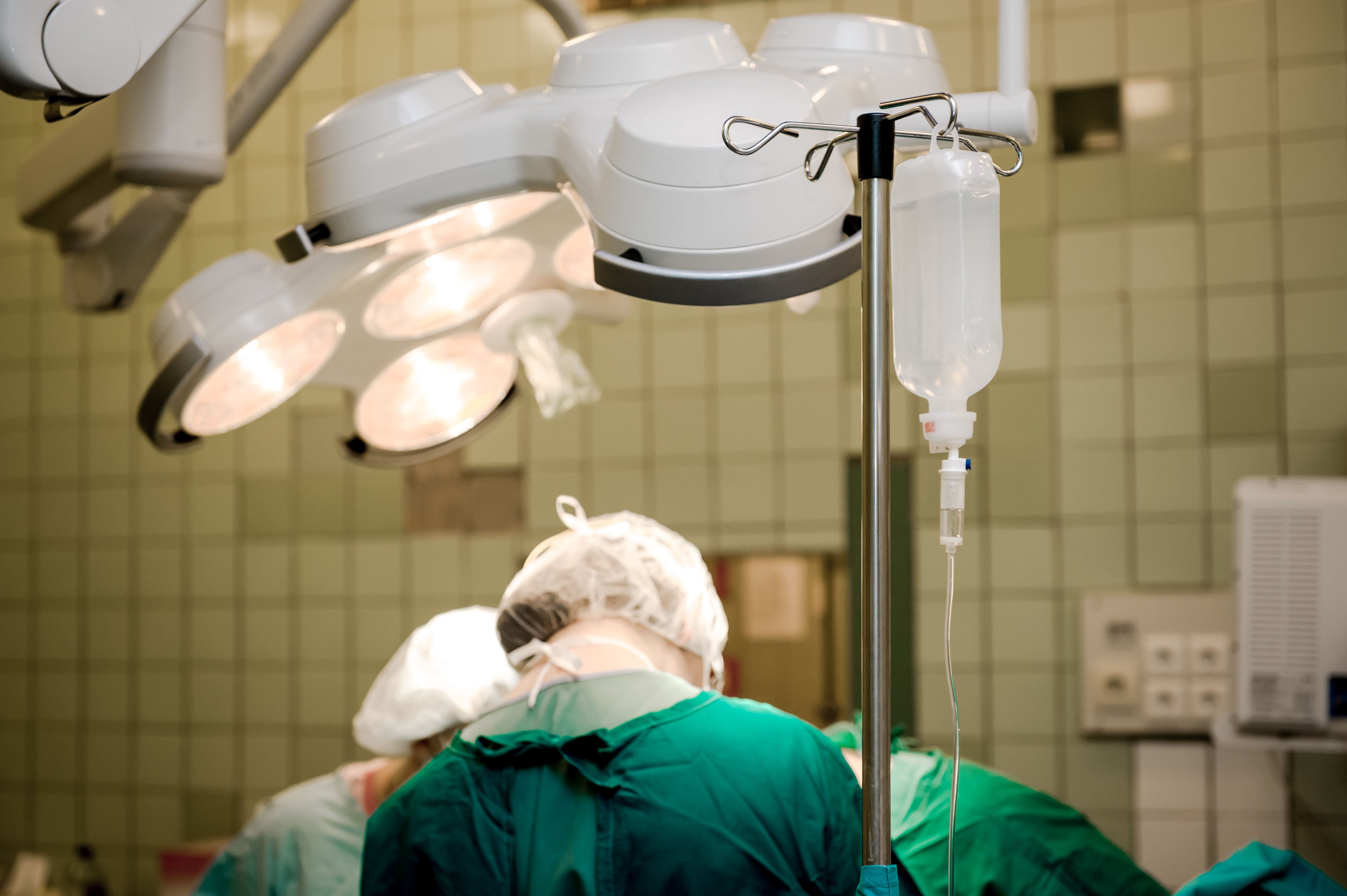Test could transform liver transplants by predicting complications – scientists
A prototype electrochemical biosensor is being developed by University of Edinburgh-based scientists SensiBile and tech firm Integrated Graphene.

A new test could allow medics to predict the chances of liver transplants developing complications afterwards in less than 10 minutes, scientists have said.
A prototype electrochemical biosensor is being developed by University of Edinburgh-based scientists SensiBile and Scottish technology company Integrated Graphene.
The device, which is currently in the early stages of development, will work by using a small sample of bile from the donor liver to assess the organ’s risk of biliary complications prior to transplantation.
The electrodes in the sensor, developed by Integrated Graphene, will pick up any risk of complications from the bile and quickly translate the signal into a “high risk/low risk” message on the device.
Our experimental work helped us to understand that the damage that leads to biliary complications is already present before transplantation
At present, up to 30% of donor livers develop biliary complications post-transplant, which can impact long-term survival rates of recipients.
But the team of scientists and experts behind the test hopes it will help surgeons to make immediate, informed decisions regarding a donor liver’s viability pre-transplantation.
The project has received funding from the MRC Confidence in Concept scheme and Scottish Enterprise High Growth Spin Out programme.
While the team is not yet able to put a price tag on the final product, it says the device has the potential to be “low cost”.
Chief executive and co-founder at Integrated Graphene, Claus Marquordt, told the PA news agency that the test – which he hopes will be used by the NHS in the future – could transform liver transplants, moving healthcare “more towards preventative medicine”.
Dr Sofia Ferreira-Gonzalez, chief executive and co-founder of SensiBile, said: “Our experimental work helped us to understand that the damage that leads to biliary complications is already present before transplantation.
“By assessing which donor livers have high probability of biliary complications development, we aim to provide the surgeons with the necessary information to make informed decisions.”
Dr Ferreira-Gonzalez told PA the test “is extremely different from everything that has been done before… it’s extremely exciting”.
Our test will help transplant surgeons around the world to improve the selection process for organs, increase the pool of available donor livers and reduce the rate of biliary complications
She hopes it will be ready by the end of next year and said the technology could potentially be developed for use on other donor organs in the future.
Hannah Esser, transplant surgeon and co-founder of SensiBile, said: “Our test will help transplant surgeons around the world to improve the selection process for organs, increase the pool of available donor livers and reduce the rate of biliary complications”.